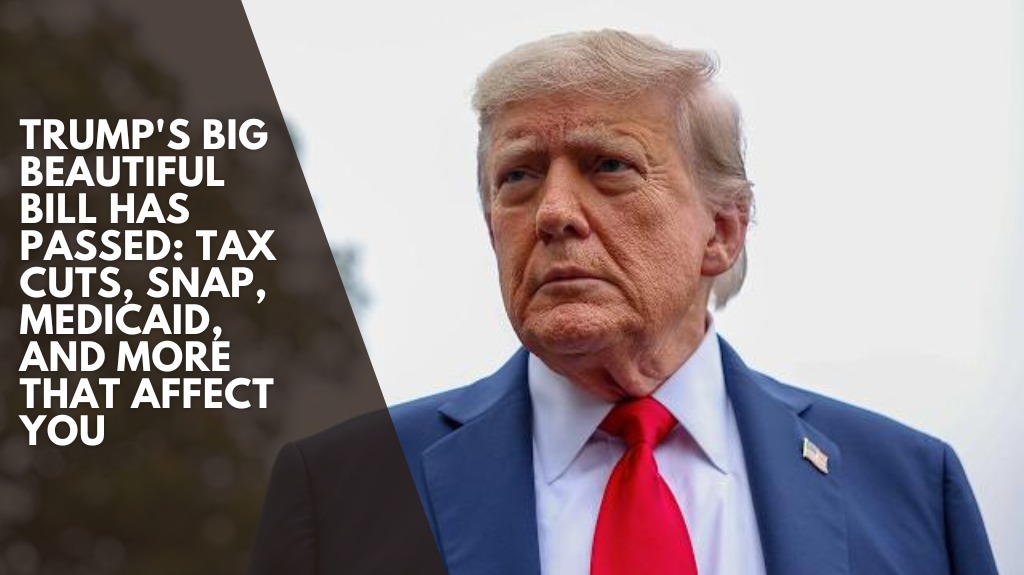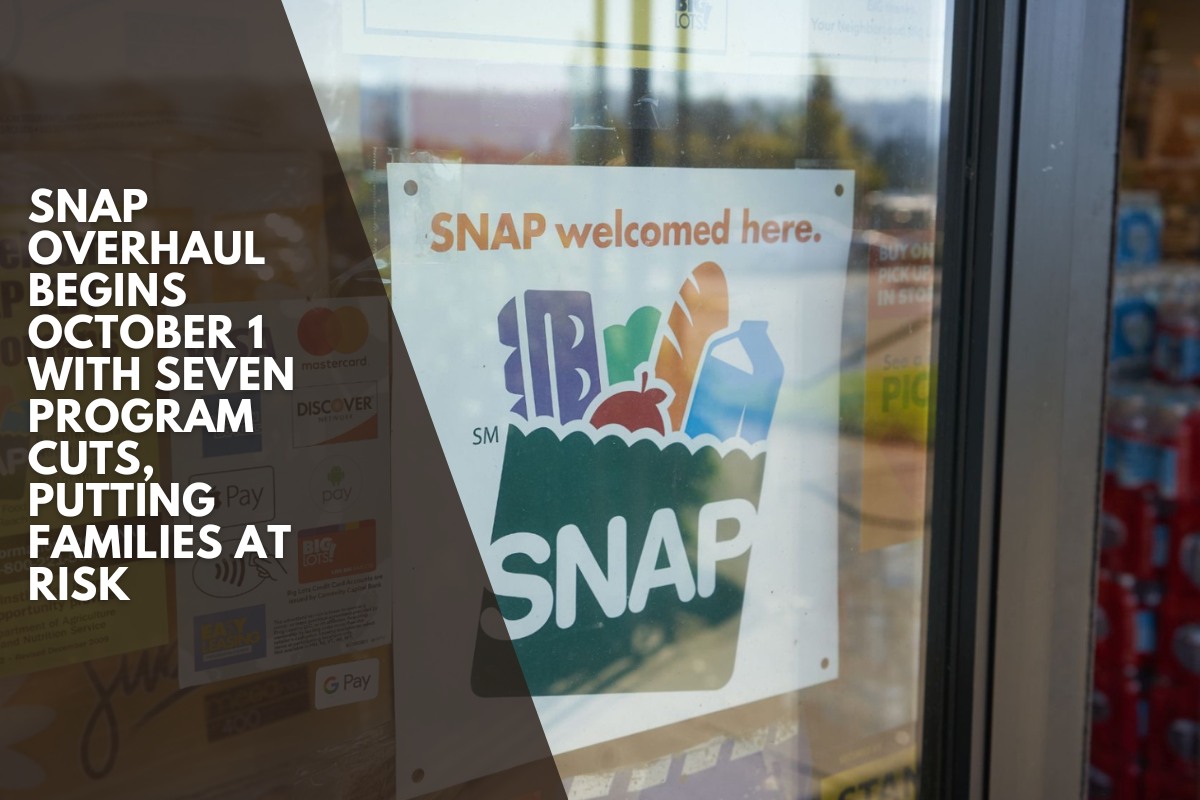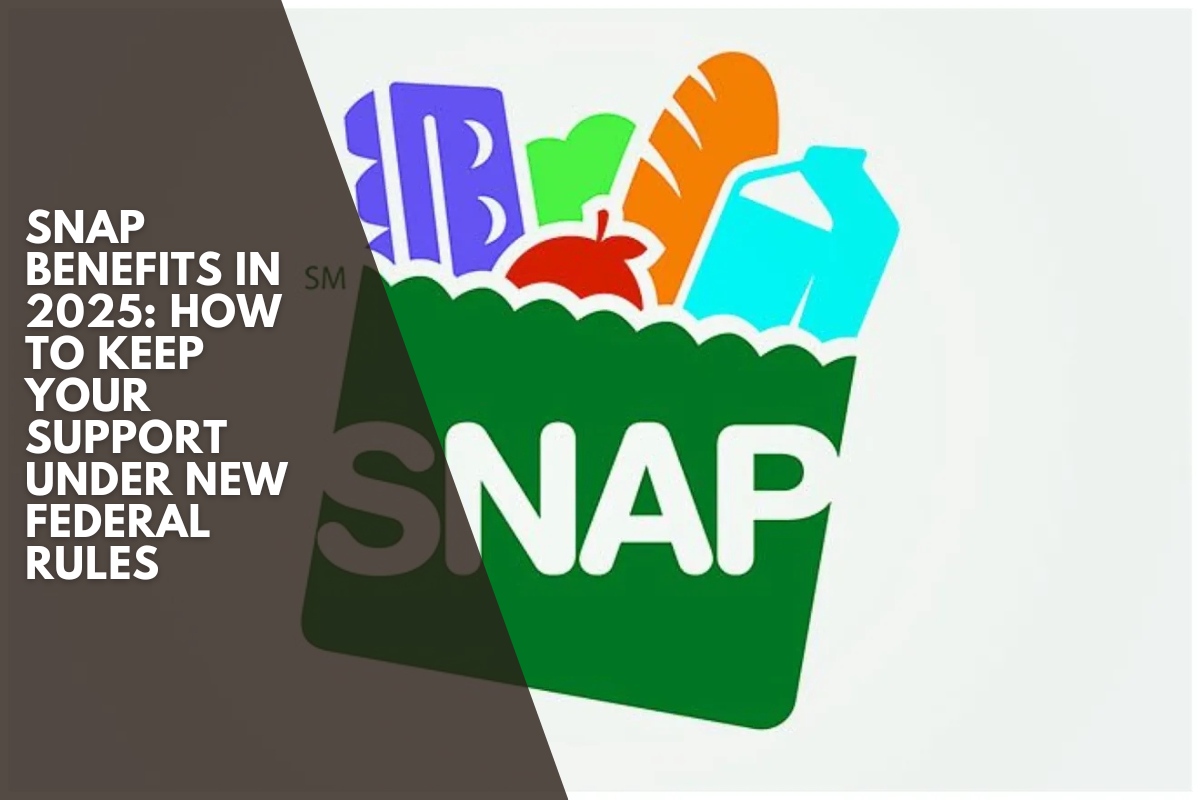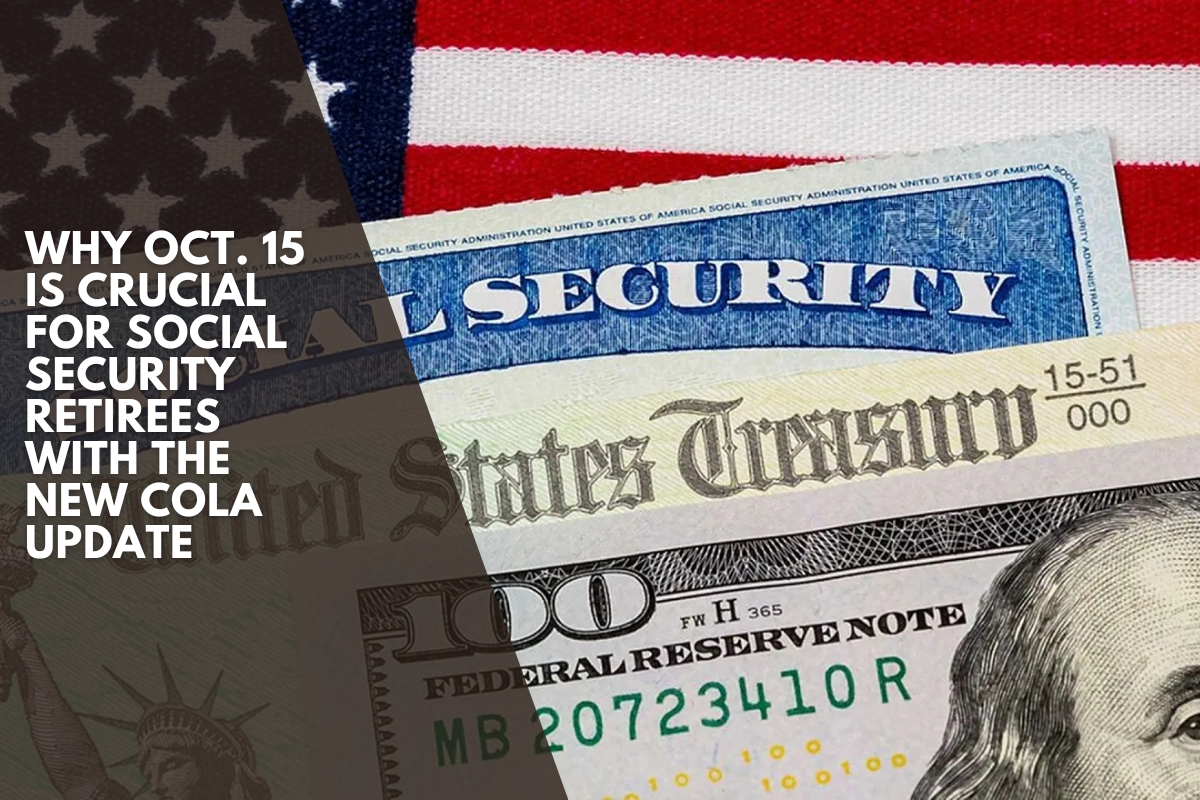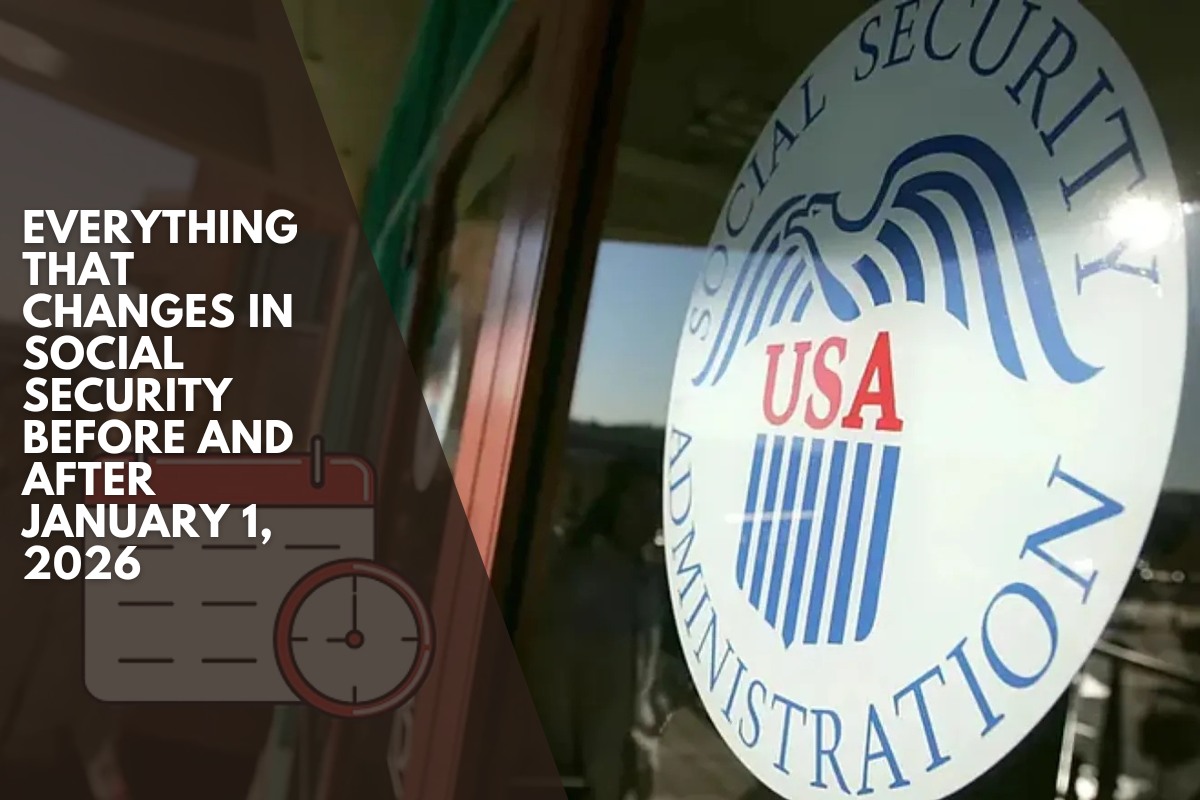The One Big Beautiful Bill Act (OBBBA) This budget reconciliation law combines historic tax cuts with unprecedented changes to key social programs, sparking debates over equity and fiscal sustainability.
The bill permanently extends Trump’s individual tax cuts, keeping rates between 10% and 37%. Families with children receive an expanded child tax credit ($2,200 to $2,500), whereas low-income workers can deduct tips and overtime pay (up to $25,000). Seniors can claim up to $6,000 in deductions to offset Social Security taxes.
However, there is another side to this story: a 1% tax on remittances will have an impact on migrant communities, while elite universities will pay up to 8% in taxes on their endowments. “Trump Accounts”—funds for education or housing—provide tax breaks, but critics warn they will only benefit those who can afford to save.
The social program shift: Tighter rules, fewer safety nets for Americans
The most contentious changes concern Medicaid and SNAP. Beneficiaries aged 19 to 64 must now complete 80 monthly work hours to maintain coverage. For SNAP, the requirement is extended to age 64, and states must cover 75% of costs if error rates exceed 6%. An estimated 10.9 million people will lose their health insurance, with Yale studies predicting “over 51,000 preventable deaths each year.”
Here’s a summary of how the OBBBA affects SNAP benefits:
- Significant Spending Cuts
- The Senate version of OBBBA proposes about $186 billion in SNAP cuts through 2034. Combined House and Senate proposals aim to cut hundreds of billions from SNAP over the next decade.
- State Cost-Sharing Requirement
- Starting in fiscal year 2028, states must begin paying a portion of SNAP benefit costs. States with low error rates will pay 5%, while those with high error rates may pay up to 25%.
- Expanded Work Requirements: OBBBA tightens work rules for Able-Bodied Adults Without Dependents (ABAWDs). The CBO estimates over 2 million people could lose SNAP eligibility due to these changes.
- Benefit Cap via Thrifty Food Plan Adjustment: Future benefit increases will be tied to general inflation, not the Thrifty Food Plan. This adjustment could reduce benefits by about $35 billion over 10 years.
- New Administrative Cost Sharing: The federal government will cut its reimbursement of state SNAP admin costs from 50% to 25%. This shift will increase financial pressure on states and counties.
The OBBBA also provides $170 billion for border security, including $46.5 billion for the wall. ICE’s budget increases by 365%, funding 100,000 new detention beds and the capacity for 1 million annual deportations. New fees—$100 per asylum application, $550 for work permits—are intended to “self-fund” the immigration system.
Energy and environment: green tax credits axed by OBBBA
Tax credits for solar, wind, and electric vehicles will be phased out beginning in 2026-2027, dealing a blow to the energy transition. Simultaneously, subsidies for biofuels and metallurgical coal increase. Energy Innovation estimates that this will cost 830,000 jobs and increase energy costs by 50% by 2035.
The Congressional Budget Office estimates that the law will add $2.8 trillion to the national debt by 2034, reducing revenue by $4.46 trillion over a decade. Social Security and Medicare insolvency could be accelerated by one year, and the Committee for a Responsible Federal Budget warns of long-term inflation risks.
The White House celebrates “$10,000 yearly savings for typical families.” However, economists such as Paul Krugman fear that social cuts will exacerbate inequality. With millions of people at risk of losing access to healthcare and food, the Big Beautiful Bill’s “success” is determined by where you stand on the economic divide.
